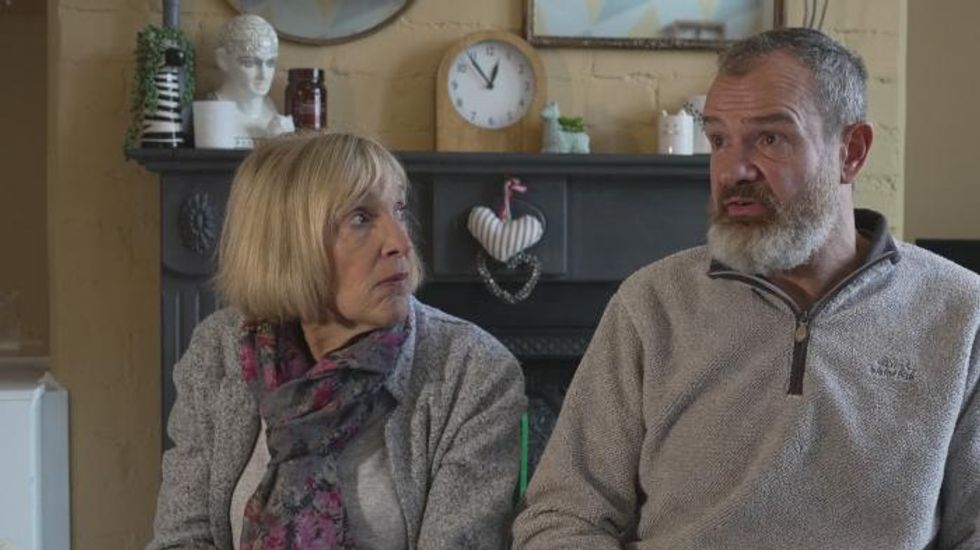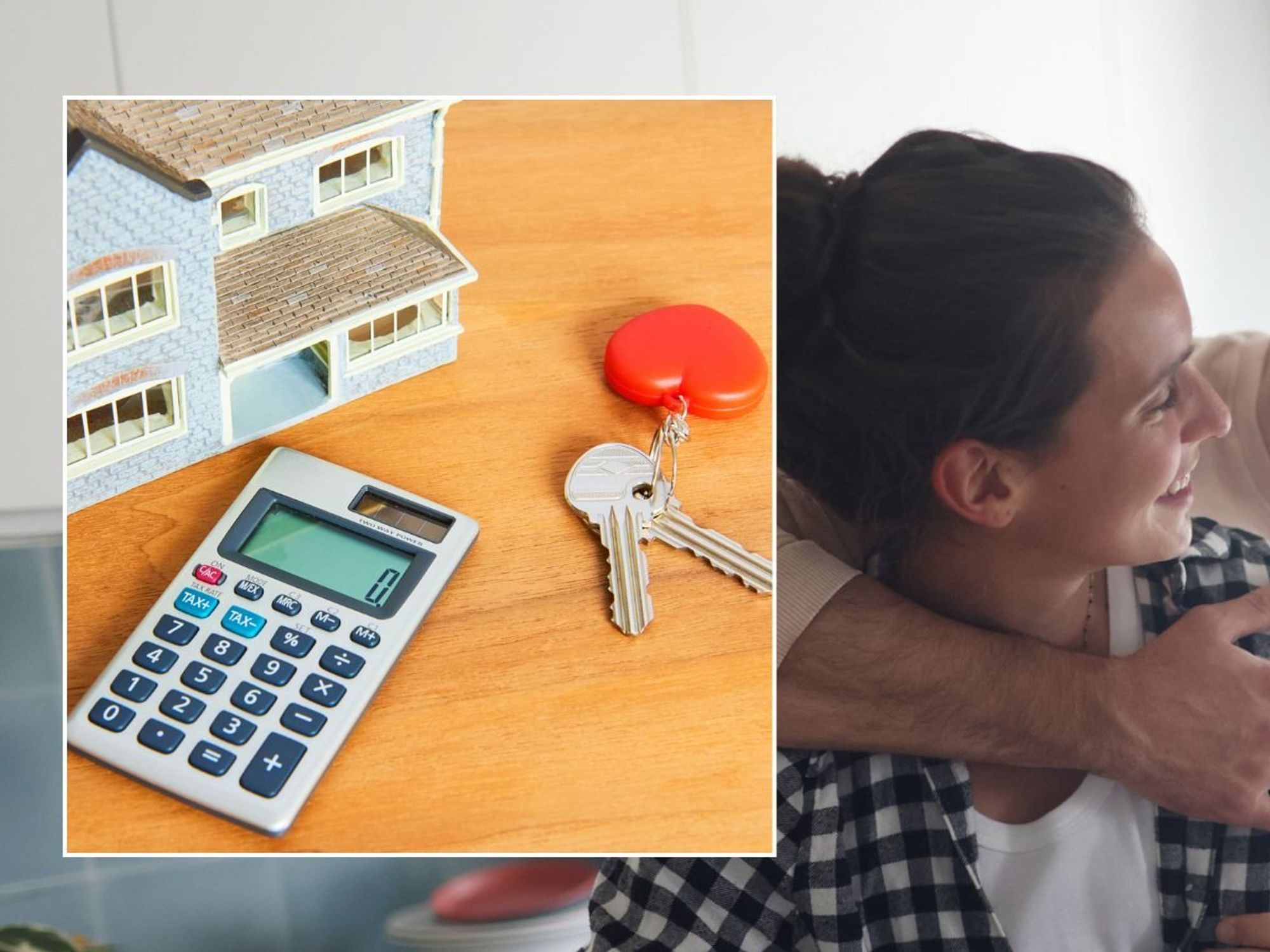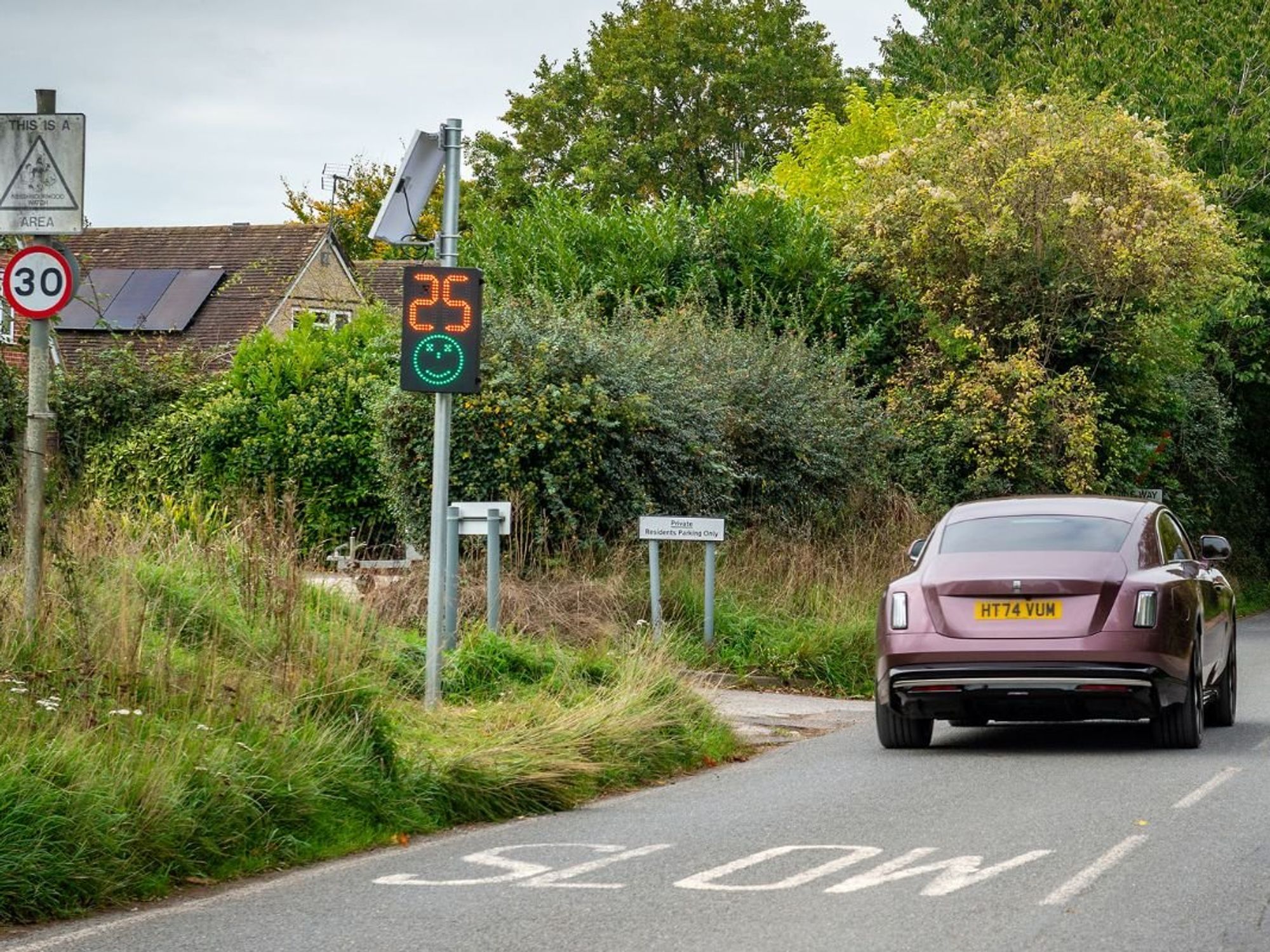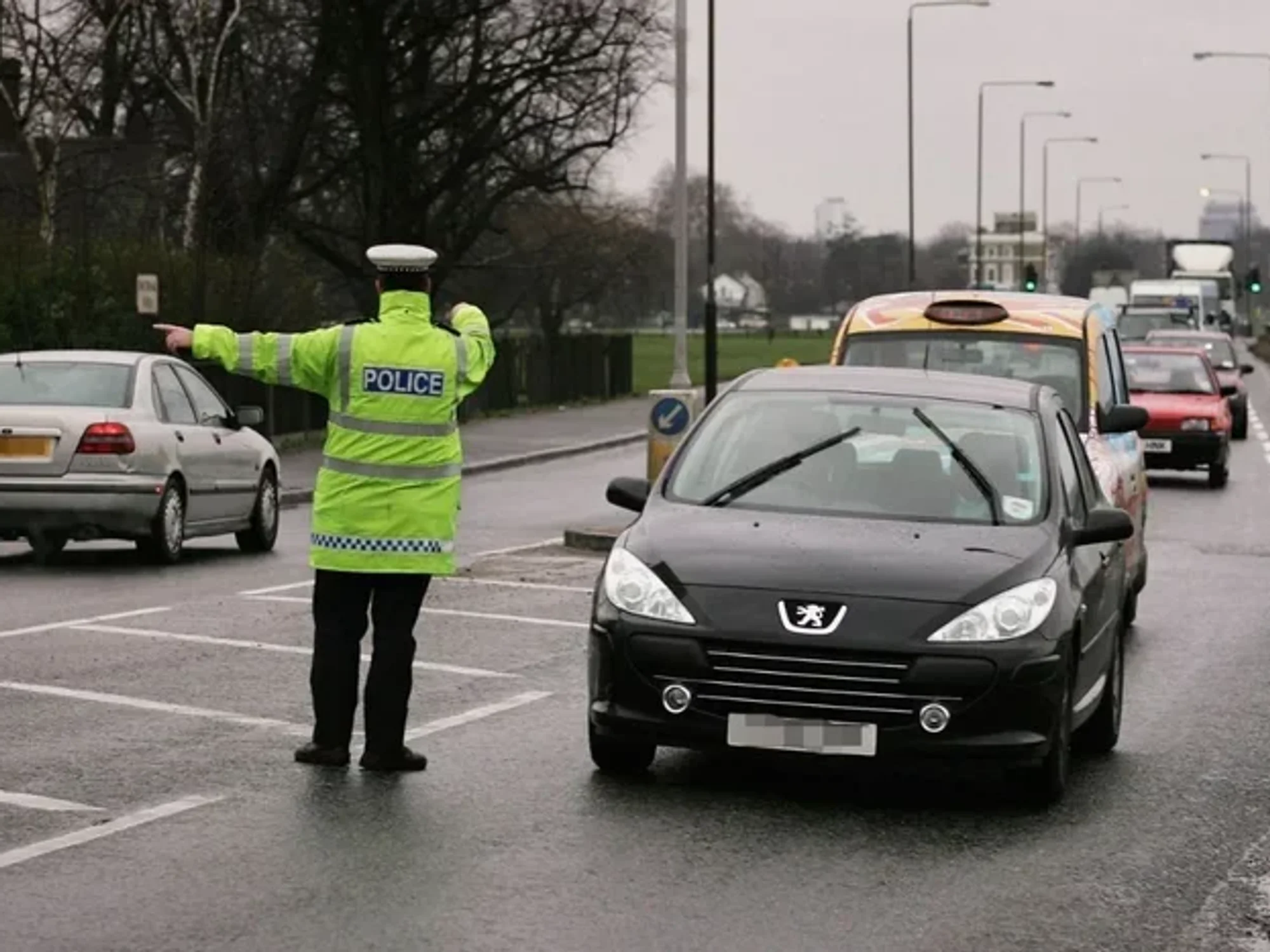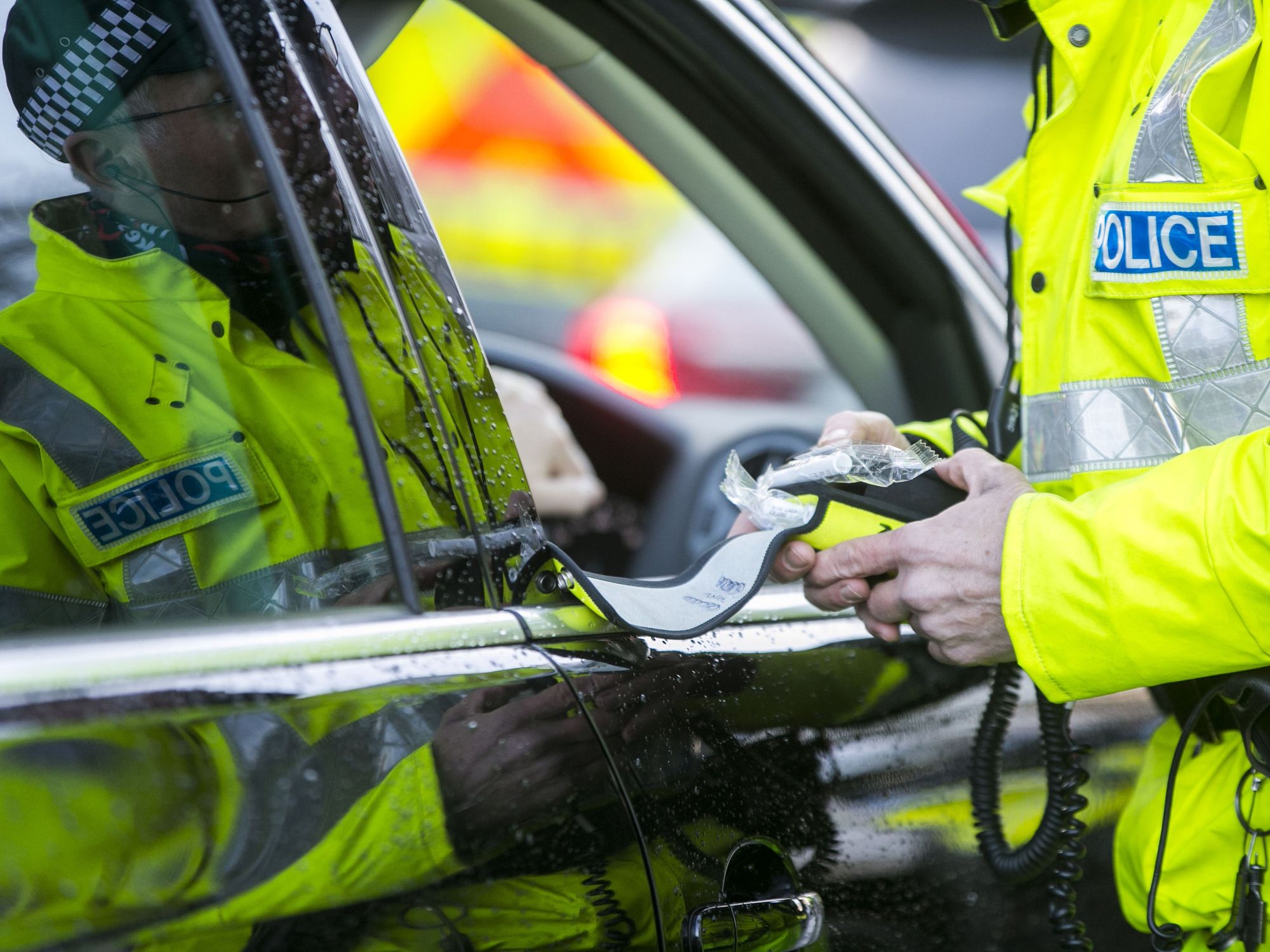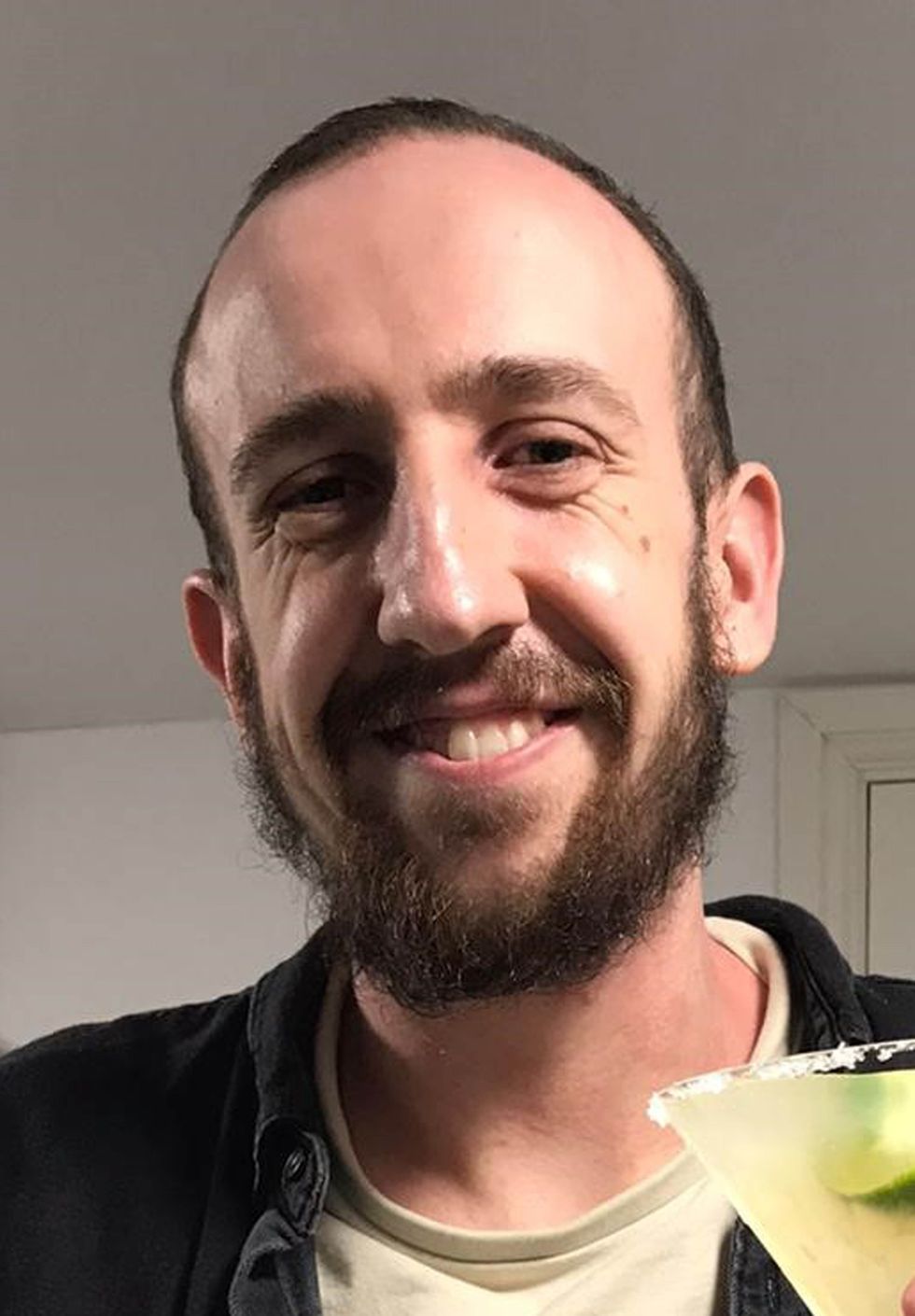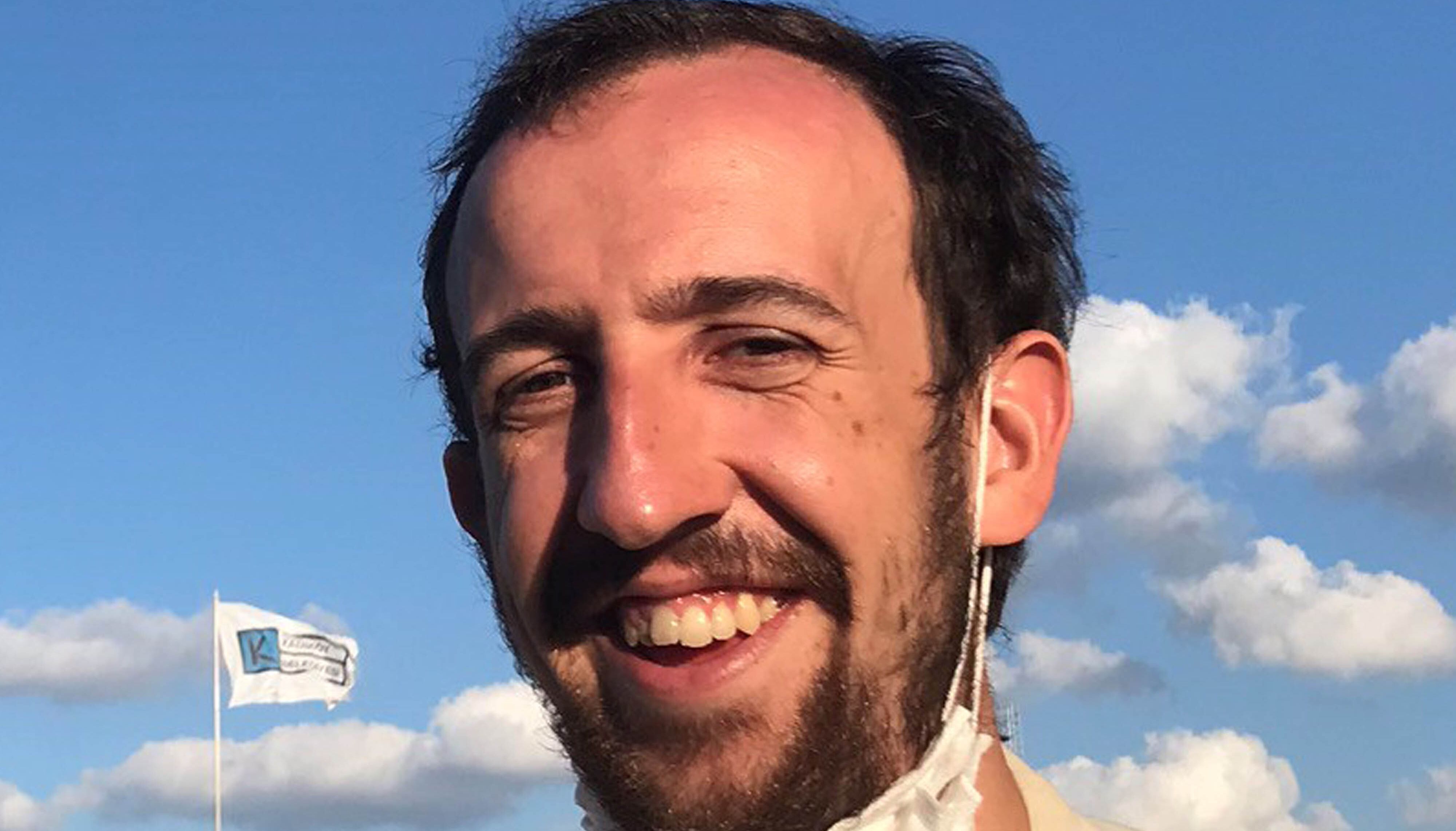Our son wouldn't have died if he'd seen GP face-to-face, say law student's family
Mature student and musician David Nash, 26, had four remote consultations with doctors and nurses at a Leeds GP practice over a 19-day period before he died
Don't Miss
Most Read
Latest
The family of a “caring, charismatic and funny” law student believe he would not have died if he had been seen face-to-face by a GP.
Mature student and musician David Nash, 26, had four remote consultations with doctors and nurses at a Leeds GP practice over a 19-day period before he died on November 4 2020.
None of the clinicians spotted that he had developed mastoiditis in his ear which caused a brain abscess, sparking meningitis, his family have said. David’s parents, Andrew and Anne, want to find out for sure whether the mastoiditis would have been spotted and easily treated with antibiotics if their son had undergone a face-to-face examination at his first appointment at the Burley Park Medical Centre on October 14, 2020.
David Nash had four remote consultations with doctors and nurses at a Leeds GP practice over a 19-day period before he died on November 4, 2020. Issue date: Monday October 18, 2021.
Andrew Nash
Mr and Mrs Nash, from Nantwich, Cheshire, believe subsequent phone consultations were further missed opportunities to diagnose their son’s life-threatening condition.
They said that when David deteriorated dramatically on November 2, he and his partner, Ellie, had five “shambolic” calls with the NHS 111 system – including one which categorised his presentation as “dental” – culminating in him being taken to St James’s Hospital, in Leeds, by ambulance.
Once at the Emergency Department, they said, he was left alone, despite being in a confused and serious state, and fell, causing an injury to his head. David died two days later despite valiant efforts to save him by neurosurgeons at Leeds General Infirmary.
Airline pilot Andrew Nash, 56, told the PA news agency: “The mastoiditis is readily treatable with modern antibiotics and it should never have been left to get to the stage where it caused the complication of a brain abscess.
“He should never had gone to A&E in that condition. It is something that should have been sorted out way before then and, having approached his GP practice on four occasions, not to see him I think is the primary reason that they failed to recognise his condition and treat it.”
He said: “Here was a man who had presented four times in short succession with a range of escalating symptoms, and had a fever for nine days despite a negative Covid test, and there still was no clear diagnosis.”
Mr Nash said: “I wish David had had Covid. If he had had Covid, he would have been treated. That’s the irony.”
David Nash had four remote consultations with doctors and nurses at a Leeds GP practice over a 19-day period before he died on November 4, 2020. Issue date: Monday October 18, 2021.
Andrew Nash
Mr and Mrs Nash are paying thousands of pounds for an independent neurosurgeon to investigate how their son died and are hoping an inquest starting in Wakefield on November 30 will provide answers. They also hope there will be a change in attitude from GPs towards face-to-face consultations.
Mr Nash said: “How do you diagnose an ear infection, what type of ear infection it is without actually looking in the ear?” He said: “I would argue that any of the symptoms he exhibited, that would have required an examination of the ear, would have revealed the true extent of his chronic middle ear disease and his mastoiditis which, in effect, was ground zero for the complication he developed.”
Mrs Nash, 59, said: “They should be opening up – triaging, but seeing patients appropriately. I think the public fear is that they’re never going to return now to seeing people.”
David was just starting the second year of a law degree at Leeds University and his parents said he was passionate about working for social justice and human rights causes. He went to university after a number of years enjoying life as a drummer in Leeds’s music scene where he was central and popular figure, touring Europe with his band, Weirds, and recording an album.
His father said: “David was caring, charismatic, and funny, managing to find humour in almost everything, however mundane.
“He had so many friends. They so miss him. “Two of them had him lined up to be their best man. He was so funny. He was 6ft 7 inches tall so when he walked into the room you noticed him.”
Mr Nash said: “He was very principled, which is why I feel he was so let down because always looked after everyone else and, in his time of need, it would have been nice if people had been looking out for him.”
His mother said: “He was a very well loved and liked. I think this is because he was fair and honest. He had a compassionate serious side but he was a very funny guy. He entertained us all.”
Both the GP practice and Leeds Teaching Hospitals NHS Trust, which runs St James’s Hospital, said they were unable to comment ahead of the inquest.
Last week, the Government said patients will be given a new right to demand face-to-face appointments and that GP surgeries that fail to provide an appropriate level of “access” will be named and shamed. NHS England said GP practices must “respect preferences for face-to-face care unless there are good clinical reasons to the contrary”.
An NHS spokeswoman said: “The NHS offers sincere condolences to David’s family and will respond to any findings from the coroner. Every GP practice must provide face-to-face as well as telephone and online appointments, as part of making primary care as accessible as possible.”


